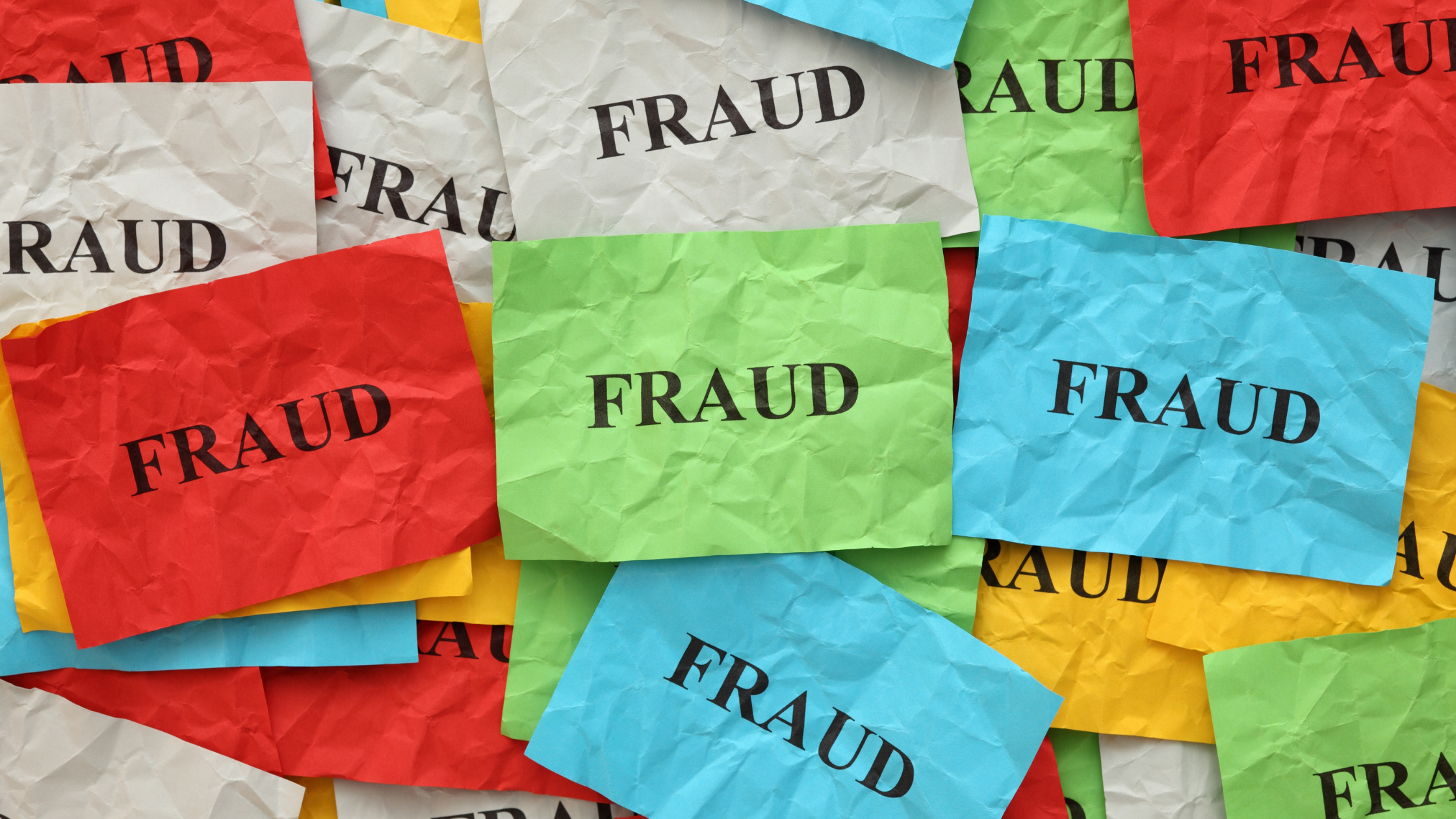Or is it? Minnesota law is very clear on the elements of fraud. Those elements, each of which must be proven, are:
- A false representation concerning a then-past or then-present fact;
- At the time the false representation was made, the defendant either knew the representation was false or made representations without knowing whether they were true or false;
- The defendant made the false representations intending for the plaintiff to rely on the representations;
- Plaintiff actually relied and acted on the false representations; and
- A harm directly resulted due to relying on the false representations.
So, say someone tells you that all wills must be probated or litigated. That fact turns out to be false (indeed that is false). In reliance on that advice you write up a trust instead of a will, but then learn from a lawyer in Hugo of the falsity of the statement on wills. Do you then have a fraud claim? In that case, if you do not prove damages, you do not. But, should you be able to prove that specific element, then yes, you very well could have a fraud claim.
But, if the person making the statement had bad information and relied on that information when making the false statement, you probably do not. That is, based on the bad information the person making the statement did not know the statement was false and similarly did not make the statement without knowing whether the statement was true or false. Strangely, being wrong based on bad information is better for the person making the statement than having no knowledge at all!
Now you have the fundamentals before you use Fraud!!! again. Fraud is a hard thing to prove, but a very damaging claim if it can be proven. Hopefully this brief bit of education keeps you out of hot water.

